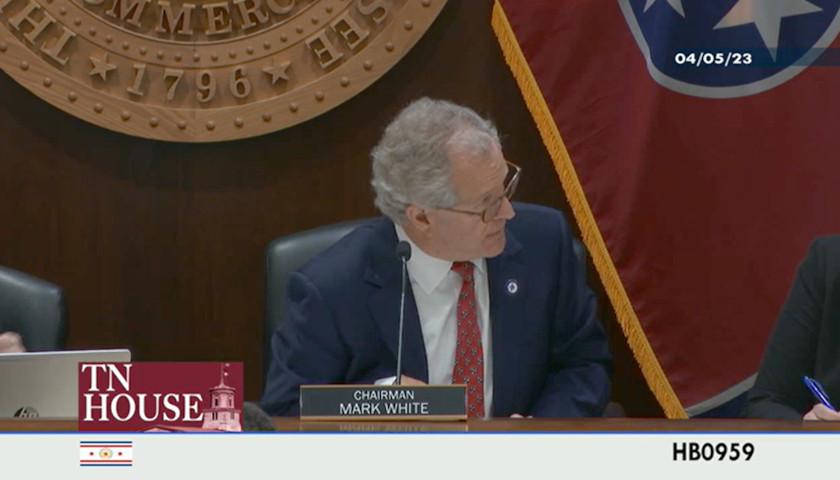The State House Education Administration committee rolled a bill until next week that is designed to expand Tennessee’s Education Savings Account (ESA) pilot program. The postponement on Wednesday was necessitated because the Tennessee Department of Education (TDOE) was unavailable to supply lawmakers with needed information.
HB0433 would expand eligibility for enrollment to those who attend school in a district with five or more priority schools identified as being in the bottom 10 percent for performance. Currently, only students in Nashville, Memphis, and the Achievement School District (ASD) are eligible. This bill would allow students in Knoxville and Chattanooga. The Senate companion has already passed, but that version only includes Chattanooga.
In response to requests from lawmakers for data supporting ESA expansion, John Patton, state director of the American Federation of Children, was introduced to offer testimony in support. Due to Tennessee’s pilot program still being in its initial year of implementation, Patton could not offer any local supporting data.
“I don’t have a lot of data on hand as far as ESA test improvement, or performance,” Patton told the committee. “I know in Florida since a various number of school choice programs were employed, their performance has improved dramatically.”
He added, “There are a number of studies, which I can get my hands on – I don’t have them right here – that do show a variety of school choice programs, over the course of a few years, elevate public school performance.”
Patton promised to get that data into the hands of lawmakers as quickly as possible.
The director shared participation data with lawmakers. He said there have been “approximately 2,000 applications for ESAs submitted, with 1,100 approved, and 430 students currently enrolled.”
State Representative Antonio Parkinson (D-Memphis) had further questions about the program, but Patton was unable to answer them. In response, the representative appealed to the chair that the TDOE should be summoned for testimony.
“I’m really concerned that the department is not here to answer questions.” Parkinson said, “We are running into a lot of, I don’t knows. and, I’ll get back to you, instead of factual answers. Answers in response to questions about the effect the bill will have on the purposed counties.”
Initially, bill sponsor State Representative Mark White (R-Memphis) balked at summoning the department, saying, “All we are doing in this bill – we are not getting into the credibility of this bill – all we are saying is, do you want to add Hamilton and Knox County.”
However, as the discussion proceeded, details were unavailable on the financial impact on districts, and whether the pilot was in its first or third year of implementation due to being held up by the courts.
In response, Parkinson renewed his request.
“To my point, that’s why we need the department here because we are not getting definitive answers.” Parkinson added, “Not that the sponsor is inadequate, but because we need definitive answers.”
White conceded and agreed to roll the bill for a week and contact the TDOE to request their appearance.
The Tennessee Star asked the TDOE why only Patton was available. The state agency did not respond before publishing time.
State Senate companion bill, SB0012, was passed on February 16th and limited expansion to Hamilton County. The House bill widens eligibility and, if passed, will require reconciliation.
– – –
TC Weber is a reporter at The Tennessee Star and The Star News Network. He also writes the blog Dad Gone Wild. Follow TC on Twitter. Email tips to [email protected]. He’s the proud parent of two public school children and the spouse of a public school teacher.






Maybe the state could not respond because Schwinn was off on one her trips to earn more about DEI. She needs to be fired but Lee does not have the guts to admit that hiring her was a very big mistake.